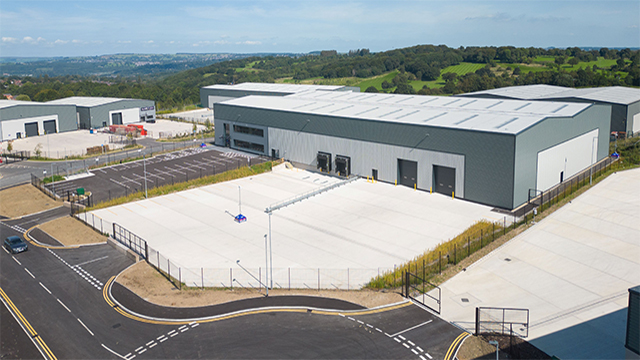Good morning.
Property and publishing billionaire Sir Frederick Barclay(£) is facing jail time, after failing to hand over a £50m chunk of his £100m divorce bill. No mention of that in The Telegraph, though.
Hammerson has upgraded its profit forecast, saying it expects adjusted profits of £60m this year. Rent collections have improved the bottom line, but the prediction is still well short of the £214m reported in 2019.
The Times (£), meanwhile, is giddy at the prospect of Vittorio Radice returning to Selfridges. The Italian, credited with turning around the department store and “employing eccentric architects for new stores”, is working with Thai conglomerate Central Group. Central is likely to become the new owner by Christmas.
Clayton, Dubilier & Rice has delayed plans to raise £6.6bn in debt(£) to finance its buyout of Morrisons.
Last week’s Black Friday sales(£) failed to boost footfall to pre-pandemic levels. In fact, it was lower than October.
And the emergence of the new Omicron Covid-19 variant has already hurt the recovery of the hospitality sector(£). Well, it was either that or the weather.
Shares in homeless accommodation investor Home REIT rose 2.6% to hit their highest levels yesterday since its IPO last October.
Meanwhile, Workspace Group rose 3.6%, one of the biggest rises among real estate stocks. The Times (£) says that the flexible office operator’s rise shows a real shift in investor attitudes, triggered by the rise of hybrid working.
Michael Gove has criticised the “deeply disappointing”(£) sponsorship of Lewis Hamilton’s Formula One team by Kingspan – the firm that made the combustible insulation used on the Grenfell Tower.
And, as the ‘will-they won’t-they’ guessing game continues over the Bank of England’s plans to raise interest rates, The FT (£) says a hike won’t dim the allure of property.
The Financial Conduct Authority(£) is pushing ahead with plans to water down Britain’s listing rules(£).
The Guardian has an oddly beautiful photo essay on the last days of the Quarry Hill flats in Leeds.
And finally, the Chinese property debt crisis isn’t all bad news for developers, it seems. This week Kaisa – which had made a splash in Hong Kong in recent years buying, well, everything – was told it couldn’t restructure $400m of notes due to be paid on Monday. That doesn’t bode well for the $3bn that is due over the next 12 months, or the $12bn it owes in total. Bad news for Kaisa. But good news for its less-geared rivals, as the fire sales have already begun(£). Last week Kaisa sold its residential plot on the old Kai Tak airport to two local rivals – to whom Kaisa owned money anyway – at a 20% discount on its book value of $1.2bn. Local experts say more bargains are likely to follow.











